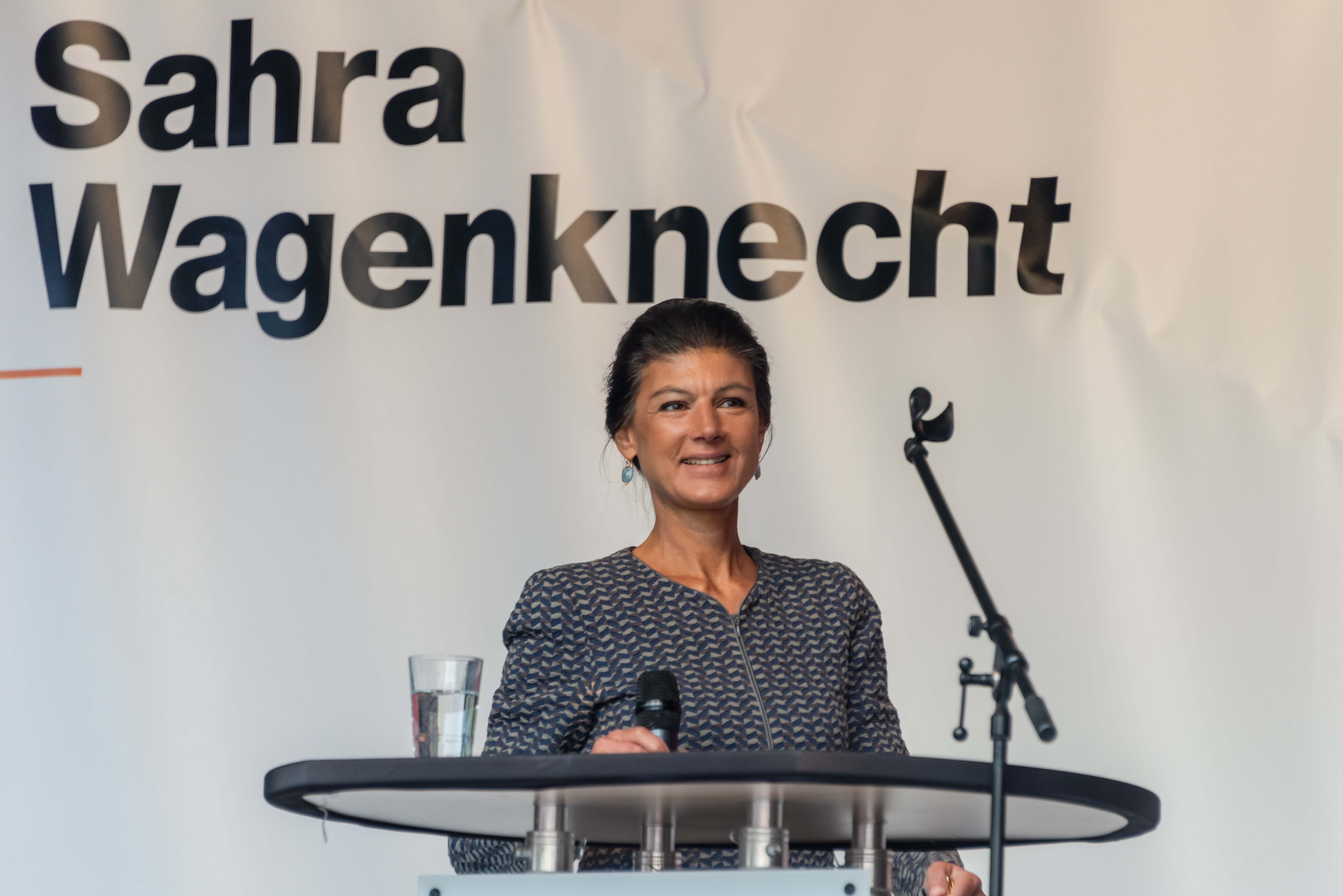Neither Left nor Right, but Both? The Sahra Wagenknecht Alliance (BSW) in the Wake of European Elections
The 2024 European elections not only provided the occasion for a new German party, the “Bündnis Sahra Wagenknecht” (BSW), to emerge but also to obtain 6.2% of the vote.

With this result, BSW ranks fifth among German political parties, clearly ahead of “Die Linke,” the former party from which its founder, Sahra Wagenknecht, departed during the winter of 2023-2024. BSW is also expected to reach double-digit scores in local elections scheduled for September in three eastern states. The emergence of a new actor in the German political landscape raises many questions. Is the BSW a left-wing party – or even a right-wing party, as its detractors like to classify it? What kind of audience does the new formation want to address and what is the political discourse supporting it? In short, what does the party represent, and what are its objectives and prospects? This study focuses on the BSW program, where ideas supported by various political currents coexist, and examines its orientations, its electoral strategy and the profile of its leaders. The paper finally analyzes BSW’s first electoral results and its prospects in a rapidly changing society.
Thorsten Holzhauser, born 1985 in Kaiserslautern, works as a research associate at the Stiftung Bundespräsident-Theodor-Heuss-Haus in Stuttgart. He holds a doctorate on the history of the political integration of the Party of Democratic Socialism (PDS) in unified Germany (published as Die "Nachfolgepartei", Berlin, 2019) and focuses on the development of the Die Linke party, Sahra Wagenknecht's political doctrine and the German political landscape.
This publication is available in French and German (PDF):
GERMAN: "Nicht links oder rechts, sondern beides? Das Bündnis Sahra Wagenknecht nach der Europawahl".
Related centers and programs
Discover our other research centers and programsFind out more
Discover all our analysesMerz’ European Policy-making: The End of the ‘German Vote’?
Friedrich Merz’s European ambition is to turn Germany, long seen as hesitant into a leading actor within the European Union (EU). To that end, he has pledged to end the “German vote,” a phenomenon that epitomizes the paradox of a country both indispensable and frequently absent from European decision-making.

Securing critical raw material (CRM) value chains – a prerequisite for Europe’s technological resilience
At the heart of economic security, technological resilience is a backbone of the European Union’s (EU) competitiveness. The EU’s energy and digital transitions depend on critical raw materials (CRM).

Reconciling competitiveness and demographic change: a Franco-German imperative
France and Germany are facing parallel demographic shifts that could reshape the future of their economies and their social models. These shifts reflect broader European patterns but are magnified by the central role both nations play in EU governance and competitiveness.
Taking the Pulse: Does France's Political Crisis Weaken Europe's Geopolitical Hand?
While the EU tries to navigate a myriad international challenges, France is experiencing historic political disarray. What impact will instability in Paris have on Europe's geostrategic capacity?








